On April 13th, our homework and class discussions centered around Amazon and Google, and the effects that these corporations have had on the UMass campus and its students. A great deal of our discussion pertained to the disadvantages that Google and Amazon can bring, and the reasoning behind UMass partnering with these two companies.
One thing that stood out to me during these discussions was students’ comments on the fact that both Amazon and Google have risen to become wide-reaching companies, but both started out as small businesses. Particularly, I remember in elementary school that students were encouraged to use a variety of search engines to get the widest range of information. Theses search engines included Google, but also sites like Yahoo! and Ask Jeeves. Now, Google would be my first option for a search engine, and I wouldn’t consider using other sites, even if I couldn’t find exactly what I was looking for. I think that this speaks to the prevalence of Google, and the prominence it has risen to, even though it began as a smaller company. In the past, it was the smart thing to do to get sources and information from different search engines, because it meant a broader variety of that information. Now, I would be very surprised if any of my fellow students commonly used search engines other than Google.
In the same way, Amazon and Google have become the main places I go when I need to purchase something online. Recently, I have been purchasing some of my books for another one of my classes through Google Play, which offers certain texts as Ebooks, available to purchase and read on my computer. As mentioned in the podcast about the implementation of Amazon at UMass, the use of Amazon instead of an on-campus bookstore was seen as a detriment to the bookstores in the town of Amherst. While I agree with the idea of supporting a small, local business like Amherst Books, buying and reading my books online is an easier option. For me, it is much faster to purchase a book through Google Play and start reading it instantly, rather than taking a bus into town and buying the book in person.
One of the reasons I like using Google Play is that it has most of the books I am looking to buy and read, which is a feature shared by Amazon. What I appreciate about Amazon is that they have almost everything available for purchase, so whether I am looking at textbooks or Christmas gifts, I’m usually bound to find what I am looking for, or at least something similar. It is for this reason that I use Amazon so much-I am practically guaranteed to find what I need every time I go to the site, just like I am usually bound to find a book through Google Play or a site with information I need through a Google Search. Google and Amazon have a lot to offer, which is personally what draws me to them.
While Amazon and Google do have the advantage of being convenient options for their customers, I do find it somewhat disturbing that we depend on these options so much. While I would appreciate having other sources of information and consumer products, the fact does remain that Google and Amazon are some of the most convenient and wide-reaching options available to me as a UMass student. In this way, I think it is doubtful that we as a society might return to a time where students used multiple search engines, and not just Google, or when Amazon was still a fledgling company. Unless other corporations engage in making their information and products as widely and as easily available as Google and Amazon, I can only see their success building in the future, for both UMass students and society as a whole.















